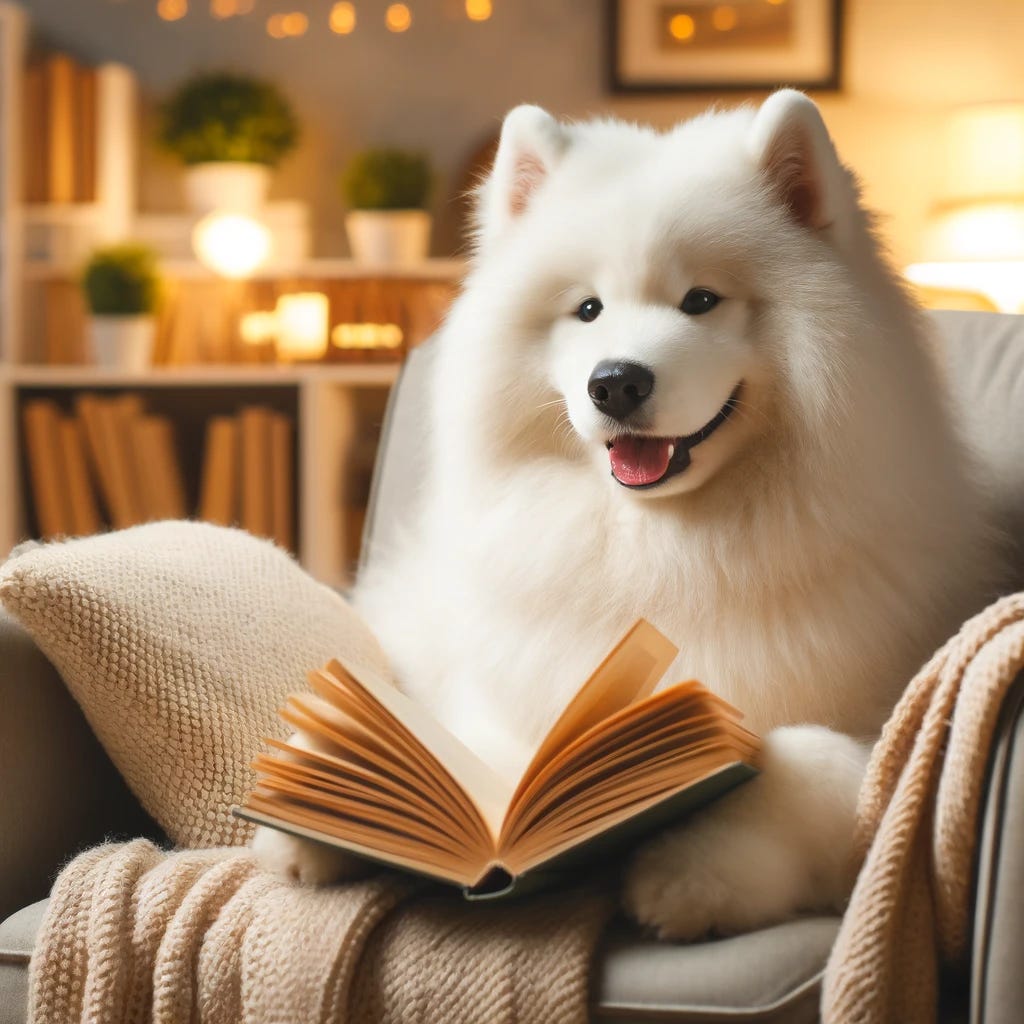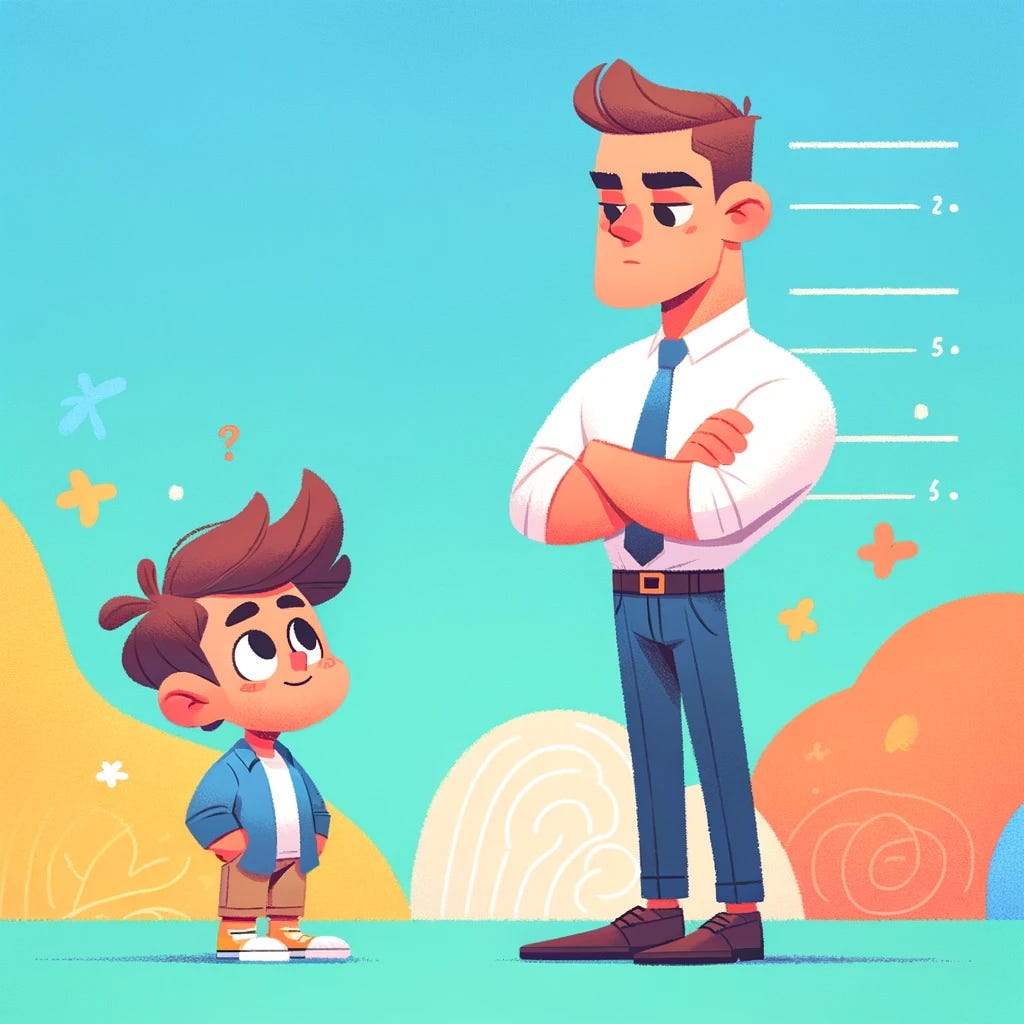Find your voice
How to find and develop our creative voices - Five methods I've found to be tremendously helpful in letting our personalities shine through.
We generally want to be good at the things we do. Some of us are cool with just being okay at certain skills while others strive for mastery. That’s how life goes. Some of us are masters while others are a ‘Jack of all trades, master of none’.
In the case of creative pursuits, plenty of people are going to be talented and skilled while plenty more are going to be actively practicing attaining that certain level of mastery.
There’s no shortage of creatives out there. There’s no shortage of peers and there’s certainly no shortage of competition.
It reminds me of the idea that sometimes when you’re the biggest fish in the pond, its because you’re in a small pond. Once you’re thrown into a bigger one, you’ll see that you’re average.
All of this ultimately leads to the following question: How do you set yourself apart?
I remember being in my teens and watching an early season of American Idol. An absolutely monstrous talent would get on stage and belt out a song that just left me in complete awe. ‘Imagine being able to sing like that! No way the judges don’t shower them with praise’. Moments later, I just witness the person I saw as an incredible lion, a true force of nature, slowly transform into a cowering lamb on the shining blue stage as he is absolutely eviscerated by the judges. ‘Second rate Freddy Mercury’. ‘This is American Idol, not your favorite song on karaoke night’ and ‘yo ima be real with you dog the artistry just isn't there for me’.
That’s the word that caused me to really sink my teeth into this concept of creative identity. Artistry. In the case of the American Idol, although the singer was great, they weren’t setting themselves apart with their voice. The judges weren’t looking for someone who sounds just like Rihanna; We already have Rihanna for that.
When we hear a Whitney Houston, an Ariana Grande or a Britney Spears, we instantly know that we’re listening to a song by that artist. Whether we’ve heard that particular song or not, there’s that unmistakable voice.
Even if you knew nothing about art, you’d probably be able to pick out a Picasso in a lineup of paintings. Similarly, if given anonymous pages written by your favorite author, you’d likely be able to tell who it is.
How many times have you read a book by an author you loved and felt yourself sink into that warmth of familiarity. Its a new book but that writing style, that voice behind the words, feels like visiting with an old friend.
Although I prefer to say ‘find your voice’, it’s just as much a journey of development as it is one of discovery.
Now, how do we go about finding our voice? How can we launch this developmental journey? Here are a few ideas that I’ve pulled from my own personal writing journey.
1. Journaling
I first started writing regularly when I was 14 years old. It was a momentously challenging time for me where I felt like I kept having these overwhelmingly negative experiences in life that didn’t seem to be happening to any of my peers.
No one seemed to be able to relate to what I was going through but the moment I put pen to paper, the noise turned down a bit. It felt like there was this internal eruption that had no place to go but when the words met the page, I was able to breathe a little bit deeper.
This began a period of a lot of ‘this sucks, fuck this, fuck that’ writing that bred a cynical voice. As I got older and more emotionally capable, my writing began to have a more sarcastic and facetious element to it which led to snarky and satirical writing. I wouldn’t be able to categorize what my writing voice would be considered today but, honestly, I prefer it that way.
I was able to have this freedom of expression and emotional discovery because I was writing purely for myself. It was my journal and I made damn well sure no one got close enough to even try and take a peep. I didn’t’ have to worry about anyone else’s opinion. It was just pure, freestyle me.
2. Read Voraciously
Read voraciously. It’s crucial to read the work of authors that we admire to see how they reflect their personality in their writing. It’s also important to switch up what our usual reading tastes to try something new.
Forcing ourselves to develop a more eclectic library helps us be exposed to a much wider variety of writing styles. Investigate the techniques Stephen King uses to build suspense and dread. George R.R Martin uses to blindside us and leave us feeling like we were just hit by a truck. How Voltaire employs humor and inquisitiveness to breed satire.
We can take what we like from them and leave the less desired portions behind.
3. Try Imitation
Hunter S. Thompson has famously said that in the beginning of his career, he typed up F. Scott Fitzgerald’s The Great Gatsby from beginning to end just to ‘feel what its like to write a masterpiece’. Try to write something in different authors’ styles to get a sense of how we can go about building our own. Its ultimately going to be a result of the style of those authors who have inspired us mixed with our own je ne sais quois, anyways.
4. Be Authentic
Inject your own personality into your work as you deem appropriate. Do you cuss like die hard Boston sports fan? Add a ‘fuck’ here and a ‘shit’ there. Are you feeling particularly emotional as you’re creating your work? Let that reflect in what you’re creating!
How many times have we seen a creative’s work and been told something akin to ‘oh, this was painted in his dark period’. Respect yourself and your journey and let your authenticity bleed onto the page.
A tip for writing articles in particular that I love is to write as if you’re writing a letter to your best friend. If I’m writing a letter to my best friend, I’m going to feel so much more comfortable letting my personality shine through on paper. Trying to write for an audience that’s composed of so many different people is way more likely to result in stiff, verbally crippled writing.
5. DO NOT COMPARE YOURSELF TO OTHERS
“Comparison is the thief of joy.” - Theodore Roosevelt
Comparison will just breed perfectionism, comparison, and fear of rejection. It will stiffen our pen. We owe it to ourselves to aim higher than that.
If I had to pinpoint one specific killer of creativity, it would be comparison. It doesn’t matter if someone is better at a particular craft than us. Creativity is a journey, and we will always find people who are better or worse. That isn’t the point, and it gets into the messy conversation of what it even means to be better in a creative fashion.
We will ALWAYS find people who resonate with our work no matter where we are on our journey. Just because Alexandre Dumas existed doesn’t mean I should just give up writing (The Count of Monte Cristo is freshly on my mind, lol). Just because someone is killing it with subscribers and likes on Substack doesn’t mean my journey isn’t going to lead to its own version of success.
‘Oh no, their prose is sexier than mine! Their writing is more concise, I’ll never be able to edit like that, blah blah blah’. None of that helps. We need to be able to observe the work of creatives we admire and learn from them. We simply cannot do that if it’s just going to lead to skyrocketing our anxiety and sending us into fight or flight comparison panic mode.
I’ll leave off this week with quote from Mr. Aldous Huxley that succinctly explains the problem of comparison:
Actual happiness always looks pretty squalid in comparison with the overcompensations for misery. And of course, stability isn't nearly so spectacular as instability. And being contented has none of the glamour of a good fight against misfortune, none of the picturesqueness of a struggle with temptation, or a fatal overthrow by passion or doubt. Happiness is never grand.








Thanks for the tips! The first part definitely reminded me of when I finally made it into art school.
During orientation the teacher kindly reminded us: "You might've been the best artist in your building or even your street but now you're in a place full of people who were the best in theirs. In here you're not the best anymore."
I was like "Damn! Brutal but true."
Well stated. We best not compare ourselves to others but compare ourselves to who we were yesterday or last week. Even 1% improvement every week has an incredible compounding effect over time.
At Risk & Progress, I am breaking the rules of what a newsletter “should be.” I do not publish and move on. I go back to older works, edit, and revise, even if no one will ultimately read the updated versions. It’s all about continuous improvement.